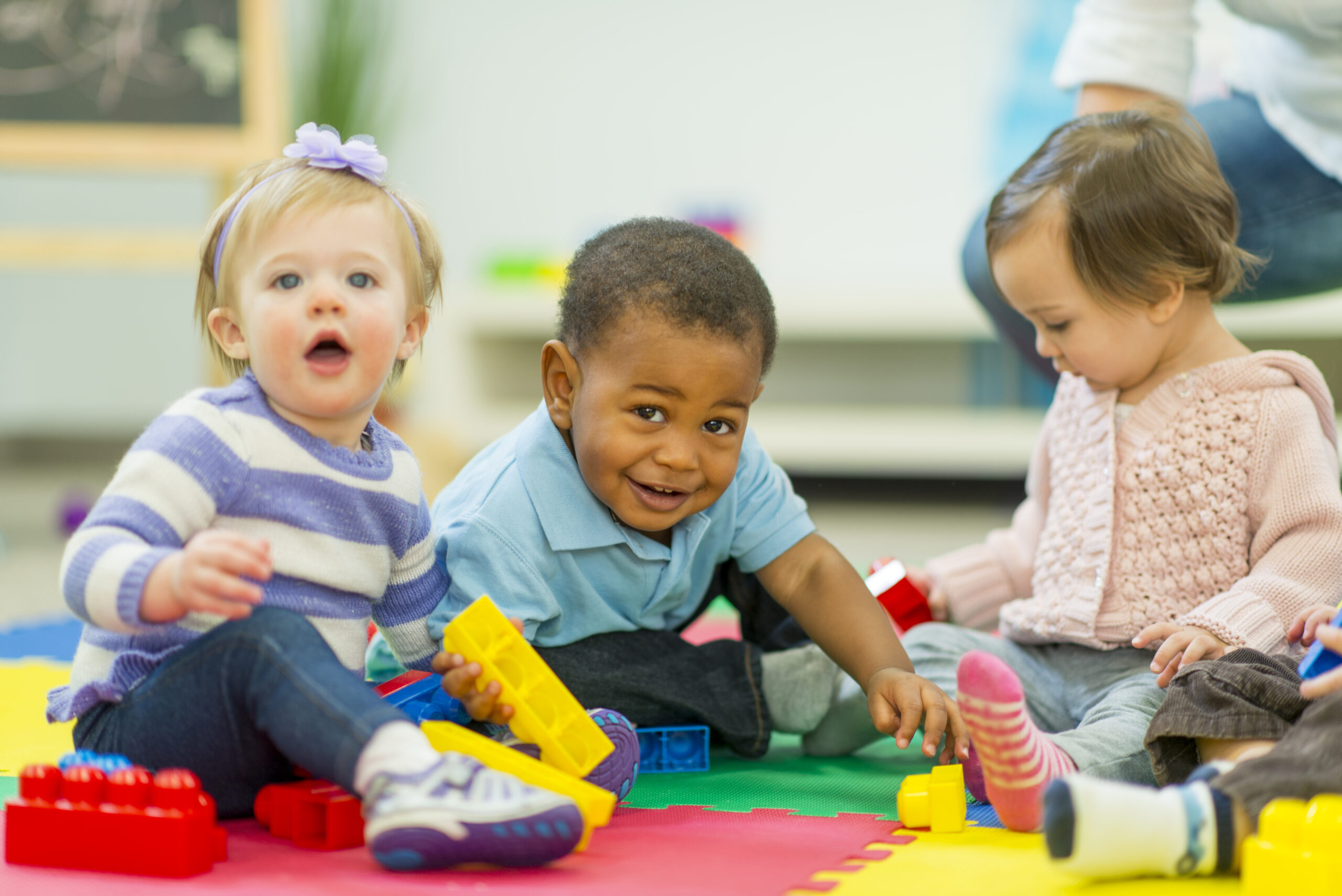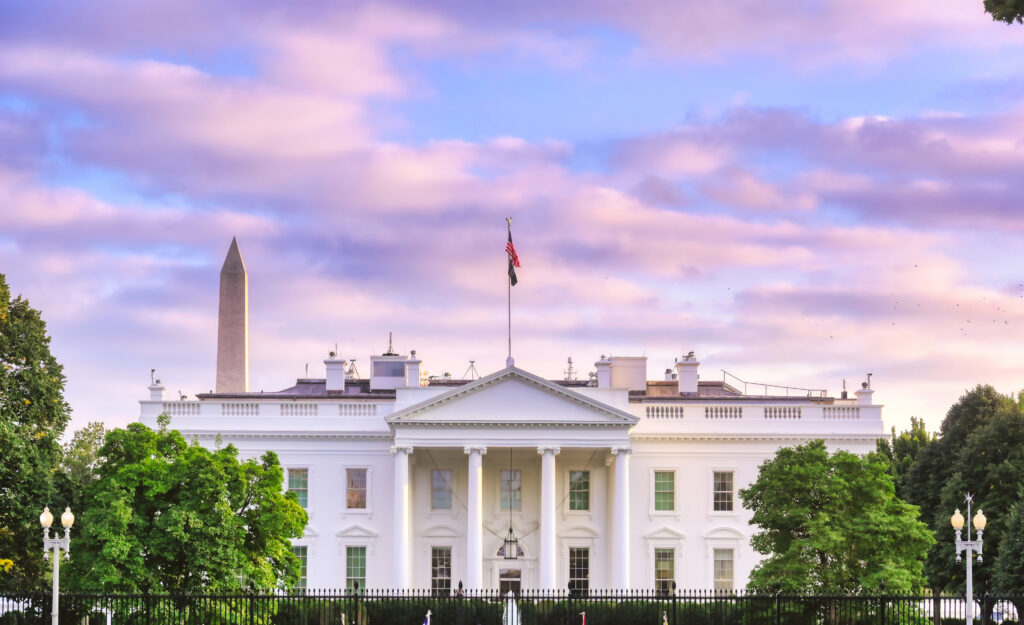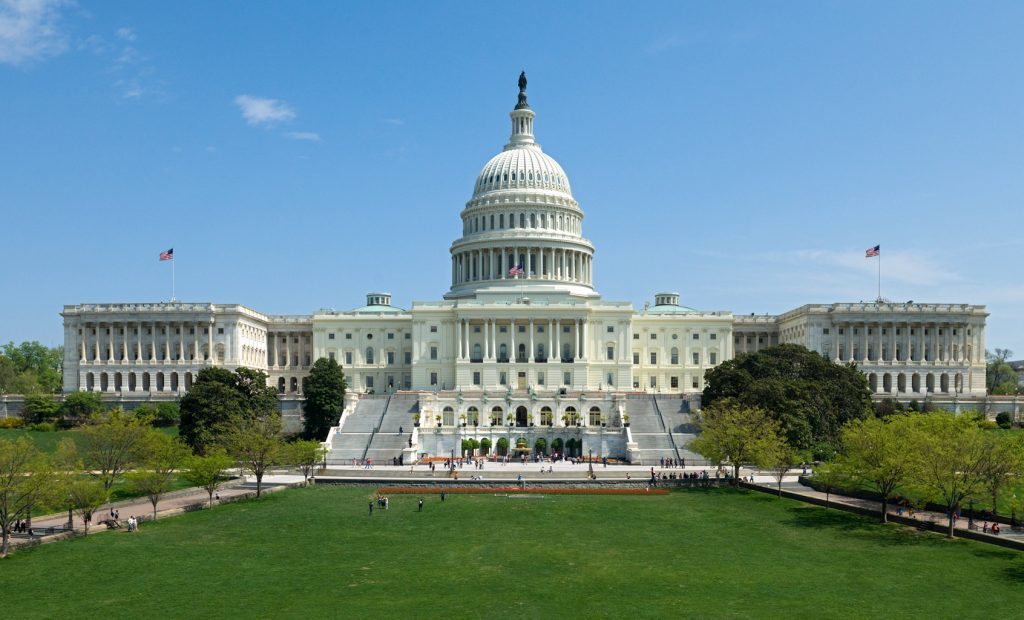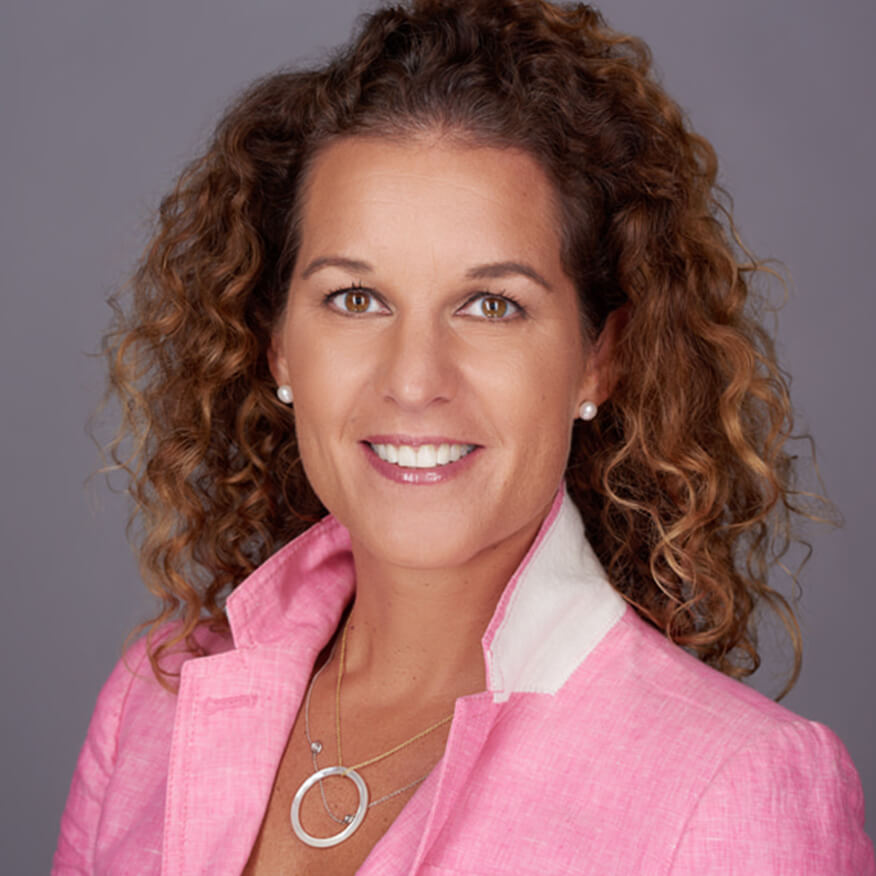Ahead of End-Of-Year Deal, Bipartisan Lawmakers & Members-Elect Agree Congress Must Work to Double Funding for CCDBG

As negotiations for the FY2023 spending bill continue, House and Senate members from across the aisle, members-elect for the 118th Congress, and leading national organizations agree that Congressional Appropriators must work to double funding and provide substantial investments for the Child Care Development Block Grant program (CCDBG). What’s more, new bipartisan polling commissioned by First Five Years Fund found voters and small business owners overwhelmingly support the federal government taking action on child care: 74% of both voters and small business owners say that federal funding for child care and early learning programs should be increased.
First Five Years Fund (FFYF) Executive Director Sarah Rittling also released the following statement:
“Lawmakers and members-elect have a clear understanding of the essential role that child care plays for millions of people, and the consequences for working families and our entire economy when early learning options disappear. Right now, federal early learning and care programs, like CCDBG, only reach a fraction of the families who qualify for the program due to limited funding, and working parents are dealing with the realities of the child care crisis in America every single day. It doesn’t matter where you live: Prices continue to rise, waitlists are getting longer, and providers are facing an uncertain future when federal relief funding soon expires. Now, Congress must follow through on their commitment to working families by working to double CCDBG, and including increases to all of the core bedrock early learning and care programs.”
On December 2nd, 121 Democratic lawmakers called for a total funding increase of $6.17 billion to CCDBG to address the nation’s child care crisis, characterized by a lack of providers, rising costs, and limited availability of subsidies to meet the needs of eligible children. An excerpt from the letter is here:
“Given the critical needs of the sector, and the call by Members from both parties to significantly increase funding for child care, we urge Committee leadership to include the highest possible funding amount for CCDBG in a final package and to consider calls to double funding for CCDBG.”
Senator Richard Burr led Republican Senators in calling on Chairwoman Patty Murray and Ranking Member Roy Blunt to put CCDBG on a path to double funding over the next five years. An excerpt from the letter is here:
“As you develop the Fiscal Year (FY) 2023 Labor, Health and Human Services, Education, and Related Agencies Appropriations bill, we respectfully request that you put funding for the Child Care and Development Block Grant (CCDBG) on a path to double in five years. Of the many funding priorities before your subcommittee, there are few as crucial to America’s working families as child care assistance provided through CCDBG. Bottom line – Americans can’t work if they don’t have safe and reliable child care for their family.”
118th Congress Members-Elect Letter to Appropriators
New members-elect for the 118th Congress called on Congressional leaders and Appropriators to double funding for CCDBG and to stabilize our child care system as Congress continues to work towards greater, long-term federal investments. An excerpt from the letter is here:
“We ask that you pass Fiscal Year 2023 appropriations legislation with the largest possible investments in early childhood programs that our constituents depend on. This includes an additional $4.4 billion for Head Start and an additional $6.17 billion for Child Care and Development Block Grant (CCDBG) above the enacted FY2022 funding levels. The American Rescue Plan provided a critical lifeline to child care providers and families, preventing a near total collapse of our child care system. But as that short term relief expires, states face grave shortfalls. These FY2023 investments will be critical for stabilizing our child care system as we continue to work towards long term investments that reflect the full scope and scale of our national need for universal, high-quality child care from the start.”
Letter from Leading Early Learning and Care Organizations to Appropriations Leaders
In October, FFYF joined leading early learning and care organizations in calling on Appropriators to include the largest possible increases for non-defense discretionary funding and for specific early childhood programs, like CCDBG. An excerpt from the letter is here:
“As supporters of high-quality child care and early learning programs, we write to urge you to swiftly reach a bipartisan agreement this calendar year on budget and appropriations for at least fiscal year 2023 (FY23). Within this bipartisan agreement, we urge you to include the largest possible increases for non-defense discretionary (NDD) funding and for specific early childhood programs that are critical for addressing urgent labor shortages, helping parents work, and growing our economy in the short and long term.”
The letter specifically calls for an additional $6.17 billion for CCDBG (a total of $12.3 billion), which will support states in making targeted investments to their child care systems. It also calls for significant increases to federal early learning programs that are a key part of FFYF’s funding priorities: Head Start, Individuals with Disabilities Education Act (IDEA) Part C infant and toddler and Part B, Section 619 preschool programs, and Preschool Development Grants Birth through Five (PDG B-5).
There is broad, bipartisan agreement on Capitol Hill over the need to double CCDBG funding. This year, a record number of “Dear Colleague” letters were circulated in support of increased funding for the various federal early learning and care programs.
New polling released by FFYF on November 30th found that voters and small business owners overwhelmingly support the federal government taking action on child care. In fact, the two groups are in lockstep on this point: 74% of both voters and small business owners say that federal funding for child care and early learning programs should be increased.
- Among voters surveyed, this sentiment was shared across party lines—88% of Democrats, 70% of swing voters, and 61% of Republicans agree.
- Similarly, among small business owners, 82% of Democrats, 72% of Independents and 68% of Republicans agree.
Subscribe to FFYF First Look
Every morning, FFYF reports on the latest child care & early learning news from across the country. Subscribe and take 5 minutes to know what's happening in early childhood education.



